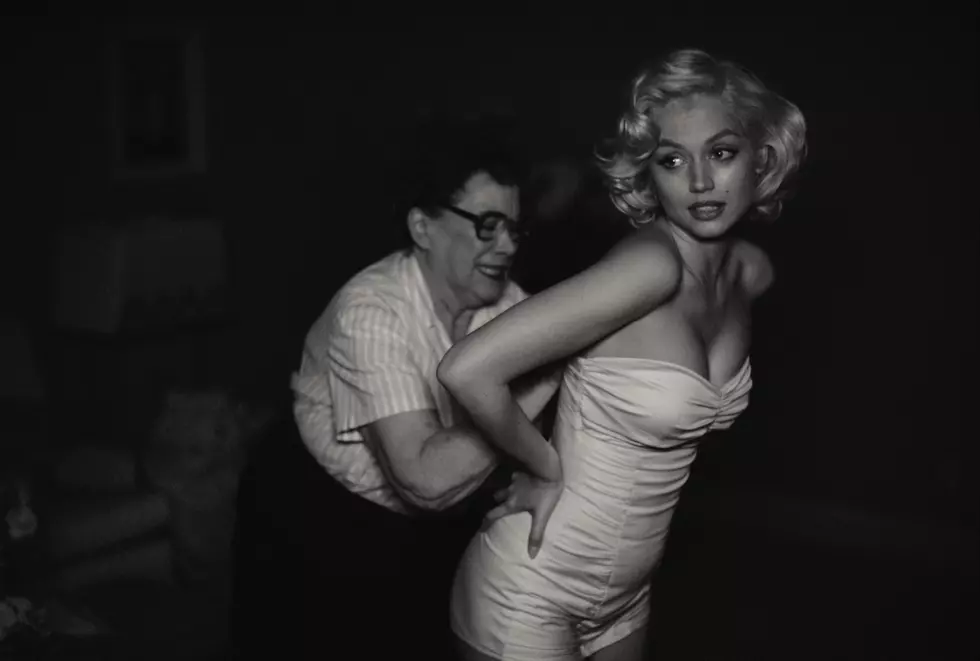
Judge Rules Studios Can Be Sued For False Advertising With Deceptive Trailers
The trailer for Danny Boyle’s Yesterday — a film where a musician wakes up in a world where no one remembers the Beatles — featured an appearance from actress Ana de Armas. The musician, played by Himesh Patel, serenades her with a Beatles song (that everyone thinks he wrote) during an appearance on The Late Late Show With James Corden.
That’s the trailer. But when the film came out, de Armas did not appear in the movie; her role had been cut out during post-production. (Supposedly, she was removed because test audiences did not want the Patel character to romance de Armas and preferred he remain faithful to Lily James’ character, who he knew before he became a world-famous, Beatles-music-stealing star.)
This sort of thing sometimes happens; movies get changed in editing. But some Ana de Armas fans were angry enough that they paid to see the film without realizing she had been removed that they sued Yesterday’s distributor, Universal. And this week, a judge said their case could proceed on the grounds that a trailer like this one may legally qualify as false advertising.
First of all, here is the trailer in question, which does indeed include several shots of de Armas.
According to Variety, Judge Stephen Wilson refused to throw out the suit, and found that movie trailers are subject to a California False Advertising Law, writing:
Universal is correct that trailers involve some creativity and editorial discretion, but this creativity does not outweigh the commercial nature of a trailer ... At its core, a trailer is an advertisement designed to sell a movie by providing consumers with a preview of the movie.
The case will now move forward, and could prove costly not just for Universal but for other studios if it is eventually found in the favor of the plaintiffs. Trailers often sell potential customers a version of a film that is not strictly accurate or true. They might make something seem like more of a comedy when it’s in fact a darker and sadder drama, because executives think that makes the film more commercial. Or they might make a very famous actor who dies in the first 20 minutes look like they have a much more substantial role, to draw in their fans. And they do sometimes include appearances from actors, like in this Yesterday case, whose roles then get heavily reduced or removed entirely during the editing process.
If movie producers can be held liable for failing to deliver what their trailers promise, that might have major implications for how trailers are made in the future. But for now, the case is simply moving forward into another stage. You might just call this part a sneak preview of coming attractions.
The Most Anticipated Movies of 2023`



